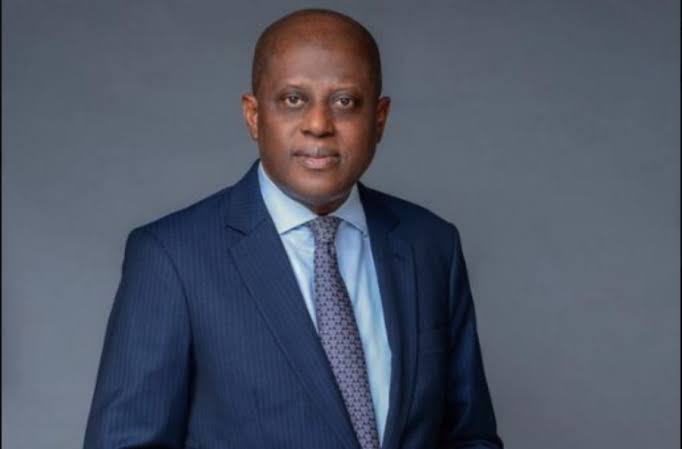CBN warning on Naira misuse has reminded Nigerians that their currency is more than paper; it symbolizes sovereignty. The Governor of the Central Bank of Nigeria, Olayemi Cardoso, delivered this caution in Kaduna during the CBN Fair. He emphasized that spraying, hawking, or mutilating the Naira amounts to disrespecting the nation’s identity and collective dignity.
Although he could not attend in person, Cardoso was represented by Mrs. Hakama Sidi Ali, Acting Director of the Corporate Communications Department. She conveyed his message with clarity, urging Nigerians to treat the Naira with pride. Her delivery reminded participants that a nation’s strength is reflected in how it values its symbols, including its currency.
The warning came during the CBN Fair, themed “Driving Alternative Payment Channels as Tools for Financial Inclusion, Growth and Accelerated Economic Development.” This event was designed to improve public understanding of the Central Bank’s policies and to highlight their role in driving economic stability. It also gave the Bank a platform to engage directly with citizens, answer questions, and encourage responsible financial practices.
Cardoso’s message resonated strongly because the misuse of the Naira has become a common sight at social events. People often spray the currency during celebrations, while hawkers sell notes in open markets, and torn notes circulate despite their poor condition. These practices, while seen by some as harmless traditions, damage the integrity of the Naira and undermine national pride. By issuing this CBN warning, the Bank has drawn attention to the urgent need for change.
Furthermore, Cardoso stressed that Nigeria’s push for financial inclusion requires discipline and respect for its financial systems. Alternative payment channels are being promoted to make transactions easier, safer, and more transparent. However, if the Naira continues to be treated carelessly, those reforms may be weakened. Respecting the currency, therefore, is not just about tradition; it is about strengthening the foundations of economic growth.
The Fair also gave the Central Bank an opportunity to showcase the potential of alternative payment systems. From mobile banking to digital wallets, these tools are helping Nigerians embrace modern methods of financial interaction. With improved access to such systems, people across urban and rural areas are gaining more control over their financial lives. Yet, for these tools to achieve their full impact, the Naira must continue to be valued and protected.
Additionally, Cardoso’s remarks served as a reminder that patriotism includes everyday actions. By keeping the Naira clean, avoiding mutilation, and rejecting hawking, Nigerians affirm respect for their country. Every citizen shares responsibility for preserving national pride, and the small act of protecting the currency reflects a larger commitment to unity and discipline.
This CBN warning is expected to encourage deeper reflection on how Nigerians view their money. The Naira is not only an instrument of exchange; it is a symbol of Nigeria’s independence and sovereignty. If treated with care, it strengthens confidence in the financial system. If abused, it sends the wrong signal about national values.
Ultimately, the Kaduna Fair was not just about speeches or exhibitions. It was about rekindling respect for the Naira and reminding Nigerians that economic stability begins with collective responsibility. Cardoso’s message, delivered with urgency, has placed the issue firmly in public conversation. With stronger awareness and more discipline, Nigeria can protect both its currency and its dignity.




